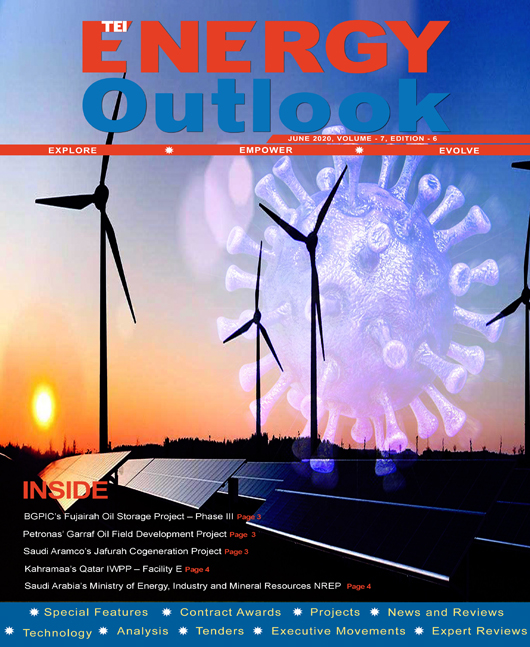
Covid-19 Impact on Renewable Energy
Amidst COVID-19 crisis, global investment is now expected to plummet by 20%, or almost $400 billion, compared with last year, according to the IEA’s World Energy Investment 2020 report.
Globally, renewables investment has been more resilient during the crisis than fossil fuels. Overall renewable power capacity is expected to grow by 6% in 2020, despite the slowdown in new additions.
The share of renewables in the electricity mix is increasing in many markets. The world is set to add 167 GW of renewable power capacity this year, which however is 13% less than in 2019, says IEA. The decline is due to supply chain disruptions, lockdown measures and emerging financing challenges. Next year, renewable power additions are forecast to rebound to the level reached in 2019.
Renewable energy could spur global GDP gains of $98tn by 2050 with cumulative investments of $110tn in renewables, energy efficiency, end-use electrification, power grids upgrades and grid flexibility, according to Irena.
Irena’s Director-General Francesco La-Camera has implored governments to include sustainability and renewable energy programmes as part of stimulus packages to support the economic upheaval caused by the Covid-19 outbreak.
At the start of 2020, nearly all countries in the Middle East and North Africa (Mena) region had set ambitious renewable energy target with nearly $76bn worth of projects planned or underway. The region is demonstrating its resolve to make progress with the targeted clean energy capacity.
Up to 90GW of renewable energy capacity, mainly solar and wind power, is planned across the region over the next 10 to 20 years. Egypt, Saudi Arabia, Morocco and the UAE have some of the region’s largest renewable energy programmes.
The UAE government aims to invest AED600bn ($163.3bn) by 2050 with the share of clean energy accounting to 50% in the total energy mix. In Saudi Arabia, energy consumption is estimated to increase threefold from present levels by 2030. The country has set a clean energy target of 27.3GW by 2024 and 58.7GW by 2030.
The ongoing crisis is likely to cause two to three months delay in new renewable energy project awards and implementation but the programme will continue as it is a direct substitute for electricity generated from fossil fuels, says GM of global engineering company, Worley.
According to Dr Fatih Birol, the IEA Executive Director, “The spectacular growth and cost reductions of renewables over the past two decades have been a big success story for global energy markets, driven by innovation in both technology and policies. But continuing cost declines will not be enough to protect renewables from a range of uncertainties that are being exacerbated by Covid-19.”
This emphasizes the importance of getting stimulus packages to ensure investor confidence in the renewable energy schemes in the months and years ahead.
Editor